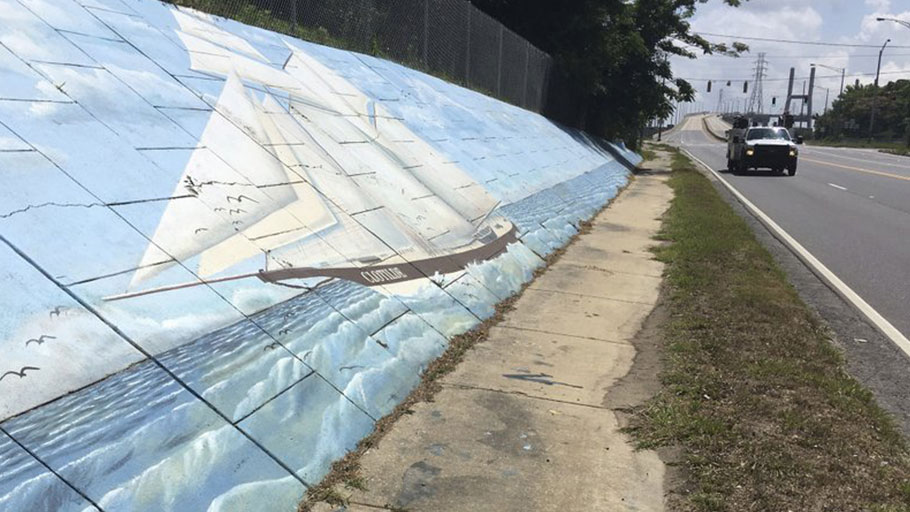
By Jay Reeves, Associated Press — MOBILE, Ala. — Alabama steamship owner Timothy Meaher financed the last slave vessel that brought African captives to the United States, and he came…

By Jay Reeves, Associated Press — MOBILE, Ala. — Alabama steamship owner Timothy Meaher financed the last slave vessel that brought African captives to the United States, and he came…
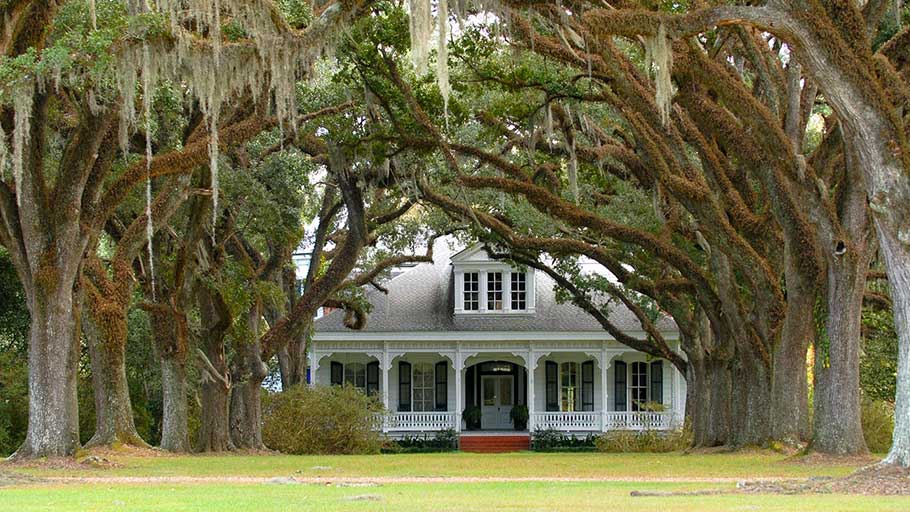
Aesthetically, the antebellum plantations of the Old South are undeniably beautiful. But they’re built on human degradation. By Patricia J. Williams, The Nation — It was not a kind thought…
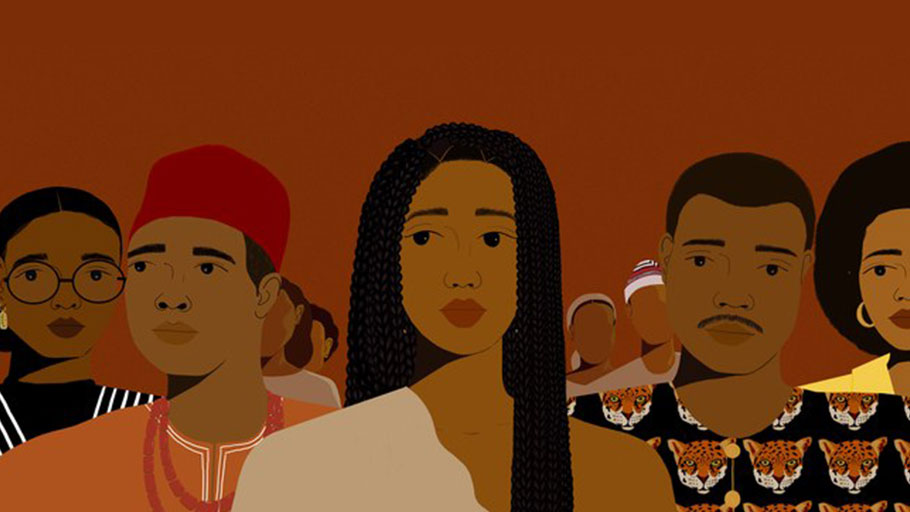
Slavery existed among the Igbo long before colonization, and accelerated with the transatlantic trade. Today, slave descendants still retain the stigma of their ancestors. By Adaobi Tricia Nwaubani, The New Yorker — On a sunny morning in November, 2018, twelve men and two women gathered in a lavishly furnished living room in Oguta, a town in southeastern Nigeria, with the air-conditioning at full blast. They had come to discuss the caste…
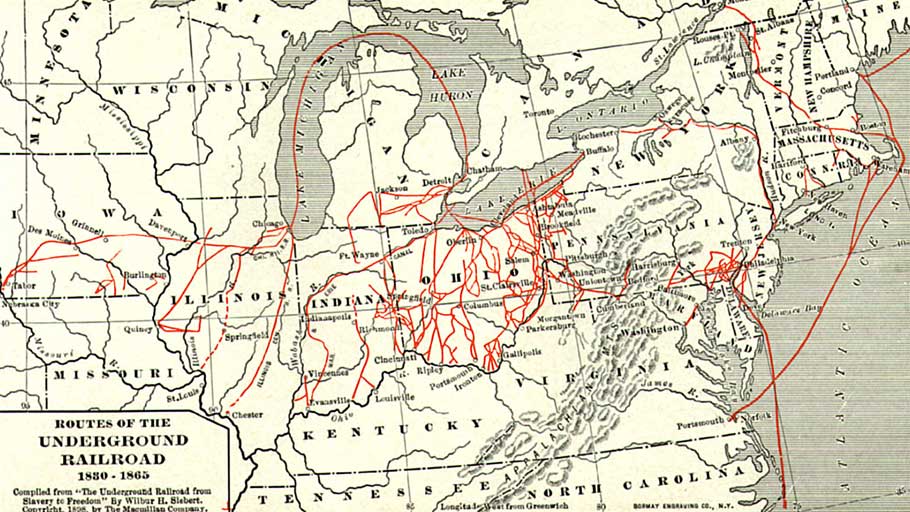
By Roy E. Finkenbine — In an interview conducted in 2002, the late Helen Hornbeck Tanner, an influential historian of the Native American experience in the Midwest best known for…
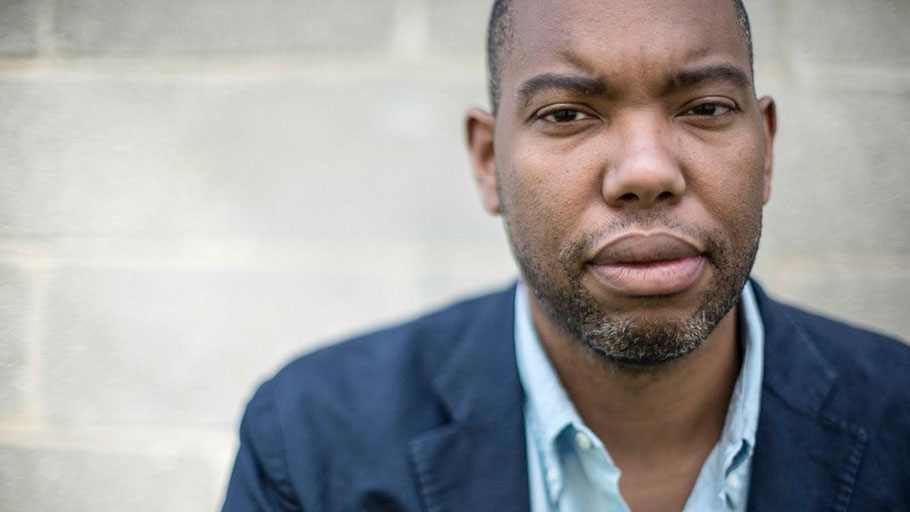
“The Water Dancer” comes out of a powerful examination of the legacies of slavery today. By Eric Herschthal, The New Republic — Eight years ago, Ta-Nehisi Coates wrote an essay in The…
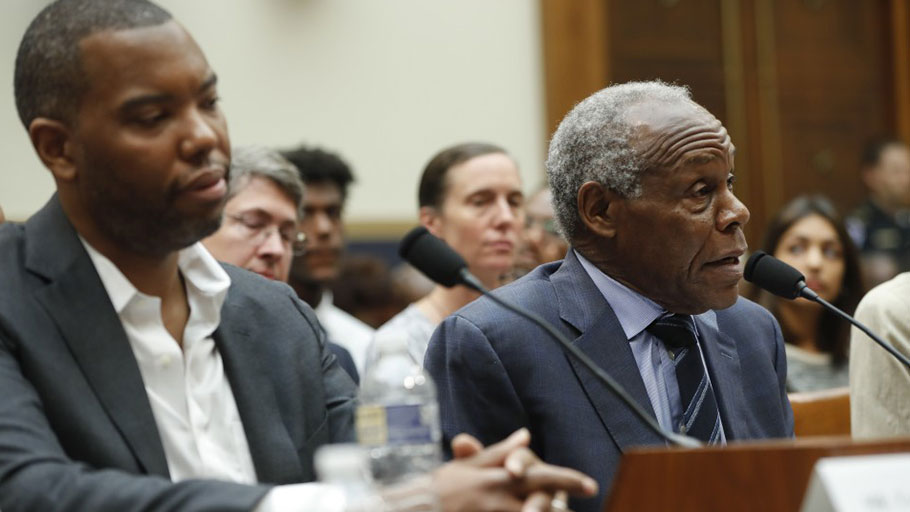
By Hannah Uebele, WGBH — This year marks the 400th anniversary of the first enslaved Africans arriving in the United States. Reverend Irene Monroe and Reverend Emmett G. Price III joined Boston Public Radio on Monday to discuss what reparations will look like if HR-40 — the Commission to Study and Develop Reparation Proposals for African-Americans Act — or another reparations bill is passed. “We’re looking at 250 years of slavery, 90 years of…
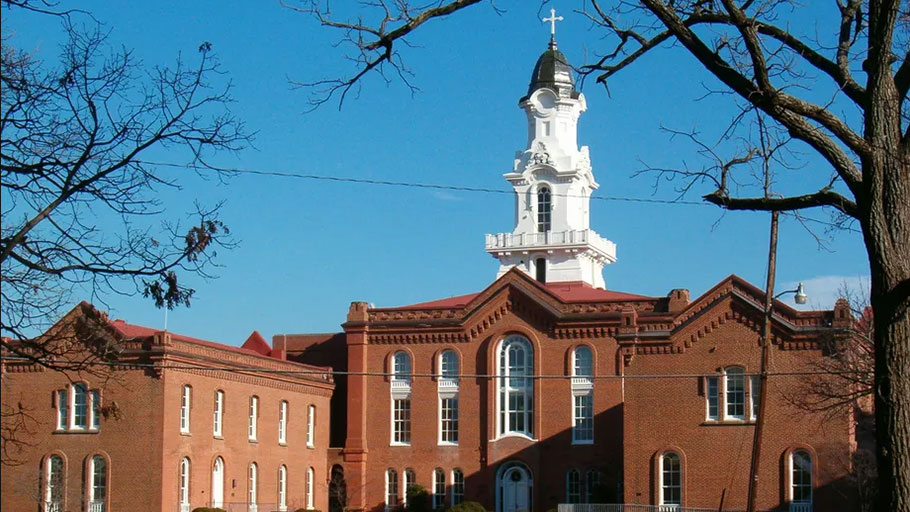
A growing number of schools have started to look into reparations and restitution for descendants of the enslaved. But most of these schools have stopped short of supporting actual funds…
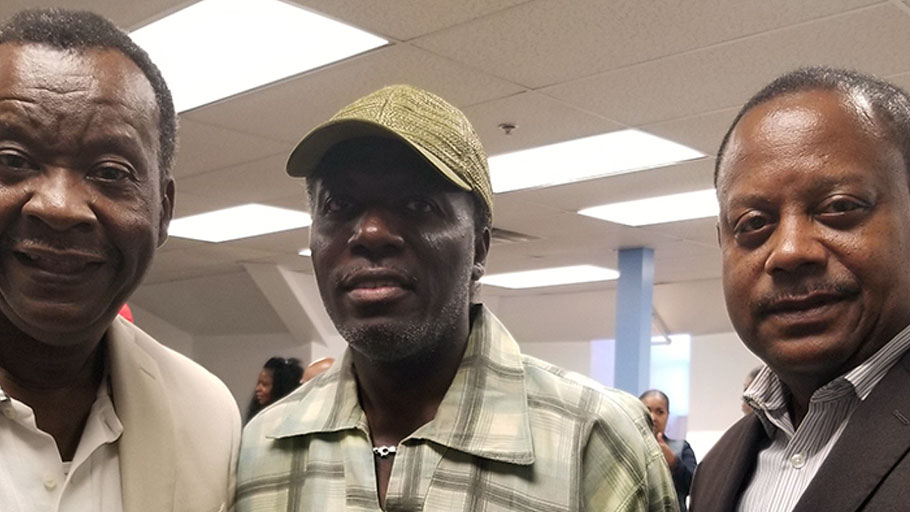
By Jamie Nesbitt Golden, Block Club Chicago — CHICAGO — Is the city ready to address the painful past of the Transatlantic Slave Trade? A coalition of public officials and activists — including newly announced U.S. Senate candidate Willie Wilson — seem to think so, and are preparing to introduce a resolution to City Council next week. The move comes as the national conversation surrounding reparations continues on Capitol Hill…

The traumas visited upon Black bodies for the past 400 years have included physical violence and theft of spirituality, which is linked to today’s mental and spiritual wounds, passed down…
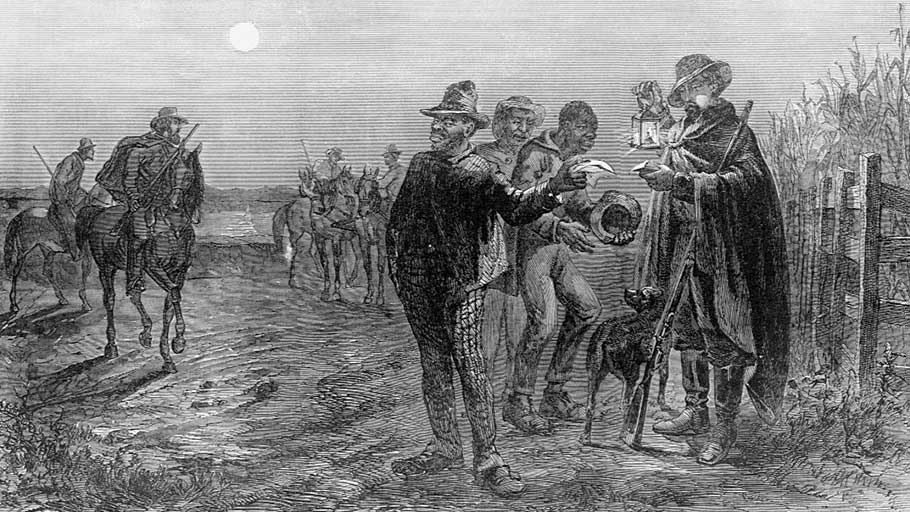
From the beginning, some Americans have been able to move more freely than others. By Ben Fountain, Medium — They were called patrollers or, variously, “paterollers,” “paddyrollers,” or “patterolls,” and they were meant to be part of the solution to Colonial America’s biggest problem, labor. Unlike Great Britain, which had a large, basically immobile peasant class that could be forced to work for subsistence wages, there weren’t enough cheap bodies…
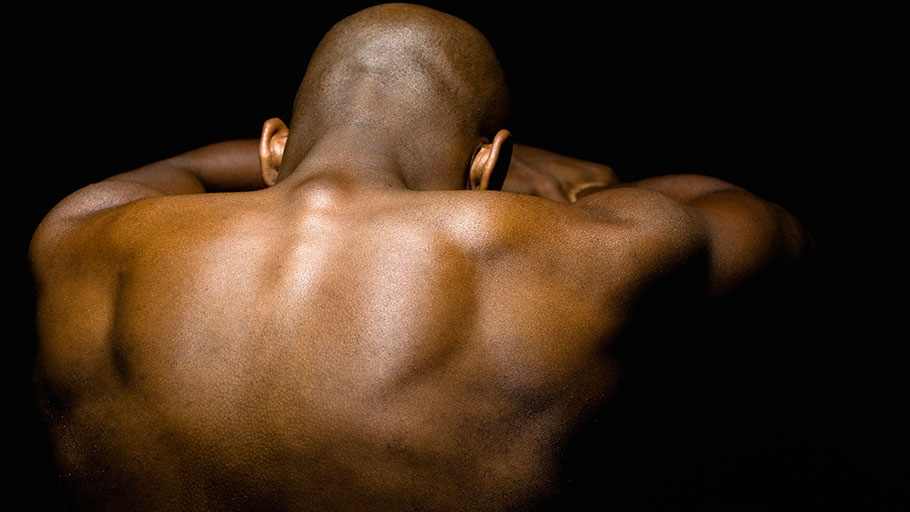
People of African descent have been ‘here’ longer than the English colonies By Stacy M. Brown, NNPA Newswire — In August 2018, the National Newspaper Publishers Association began a series on…
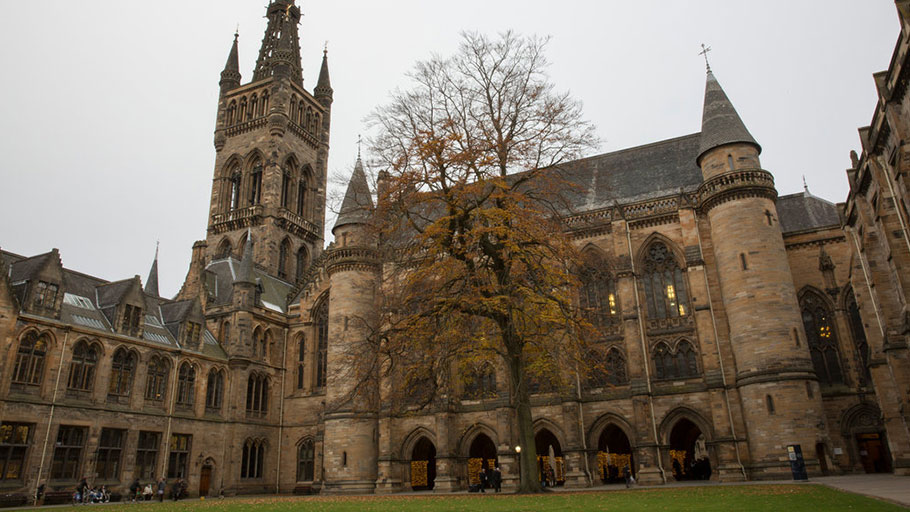
By Hannah Capella, BBC News — Glasgow University has agreed to raise and spend £20m in reparations after discovering it benefited by millions of pounds from the slave trade. It is believed to be the first institution in the UK to implement such a “programme of restorative justice”. The money will be raised and spent over the next 20 years on setting up and running the Glasgow-Caribbean Centre for Development…